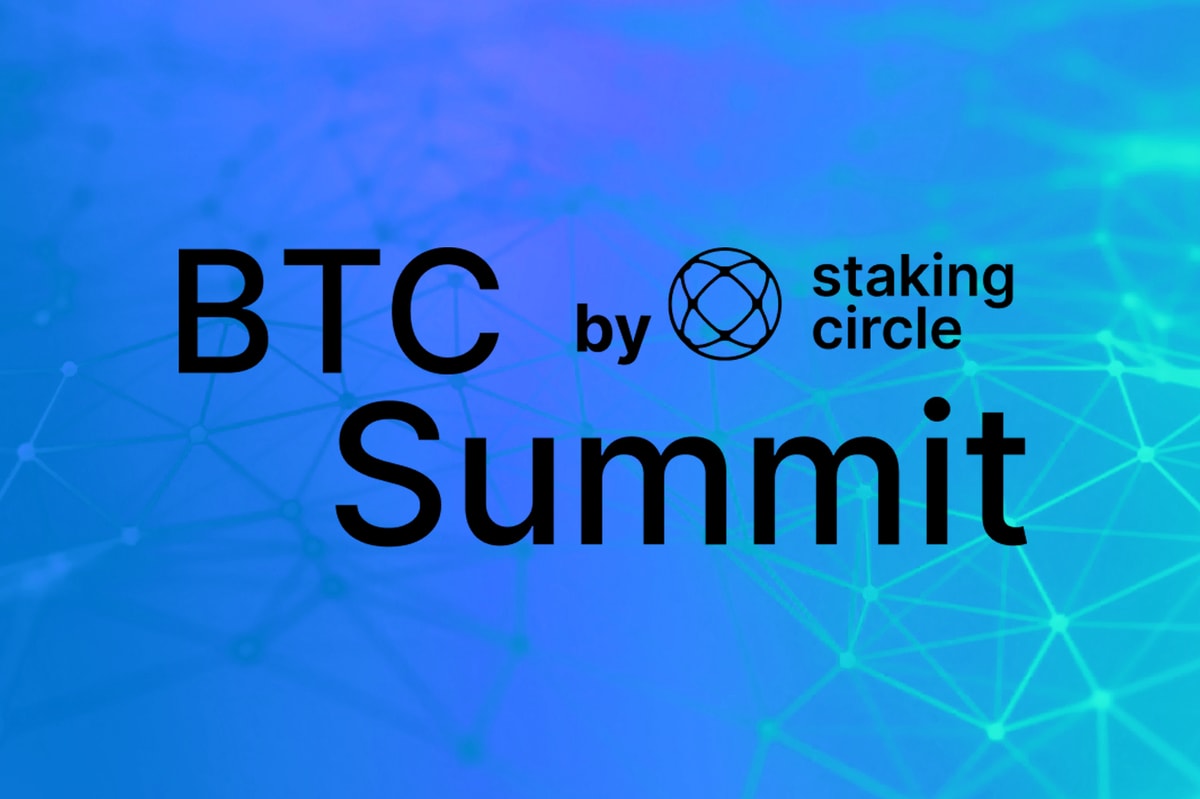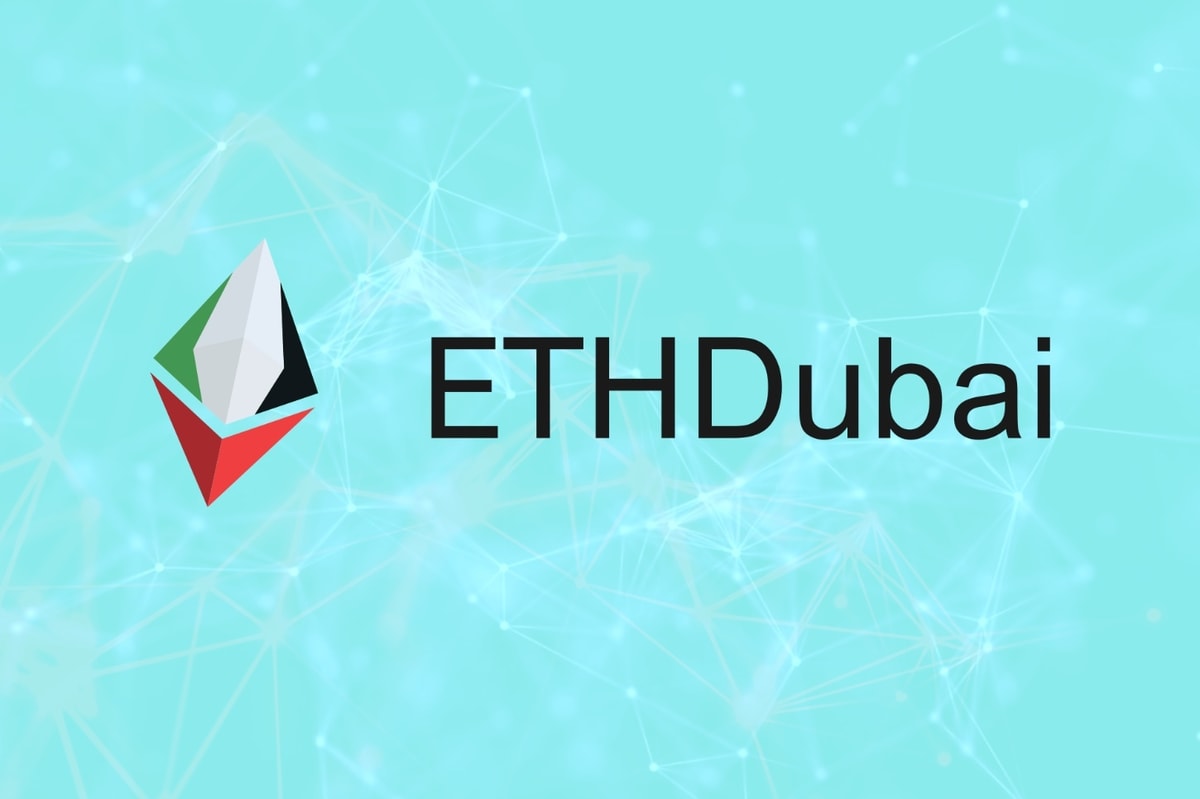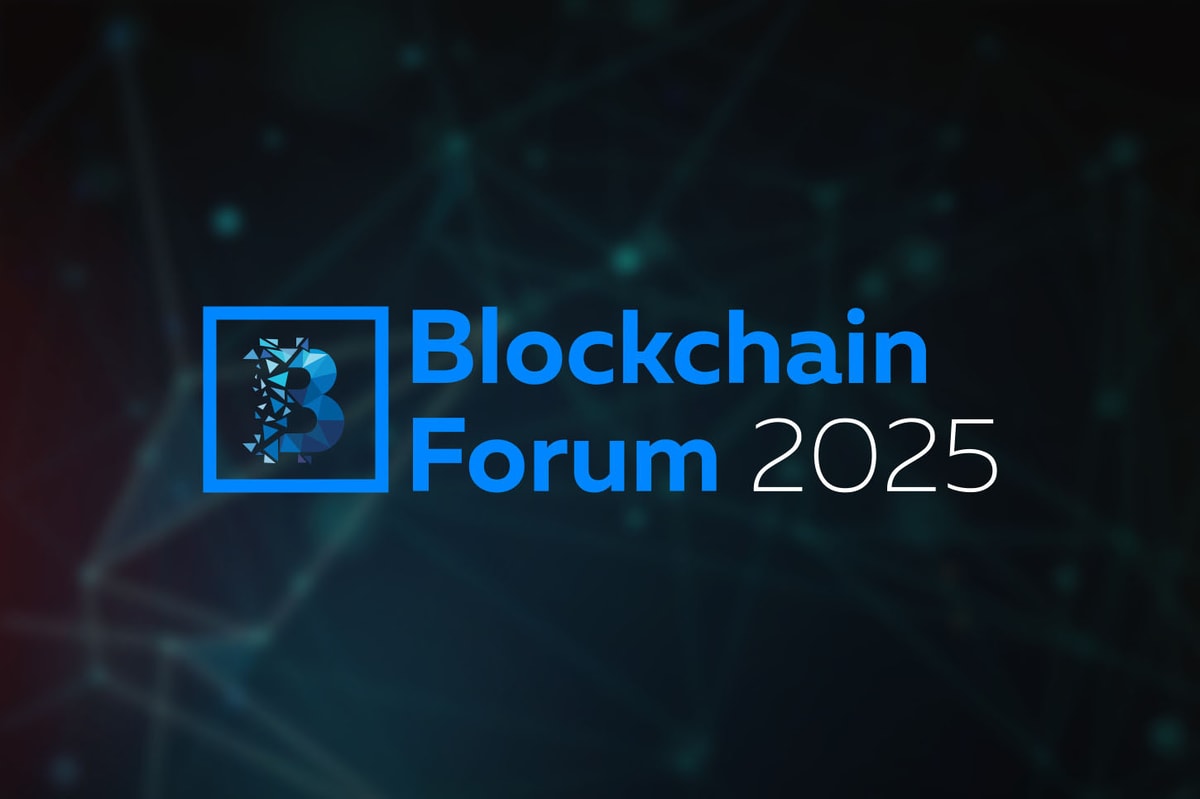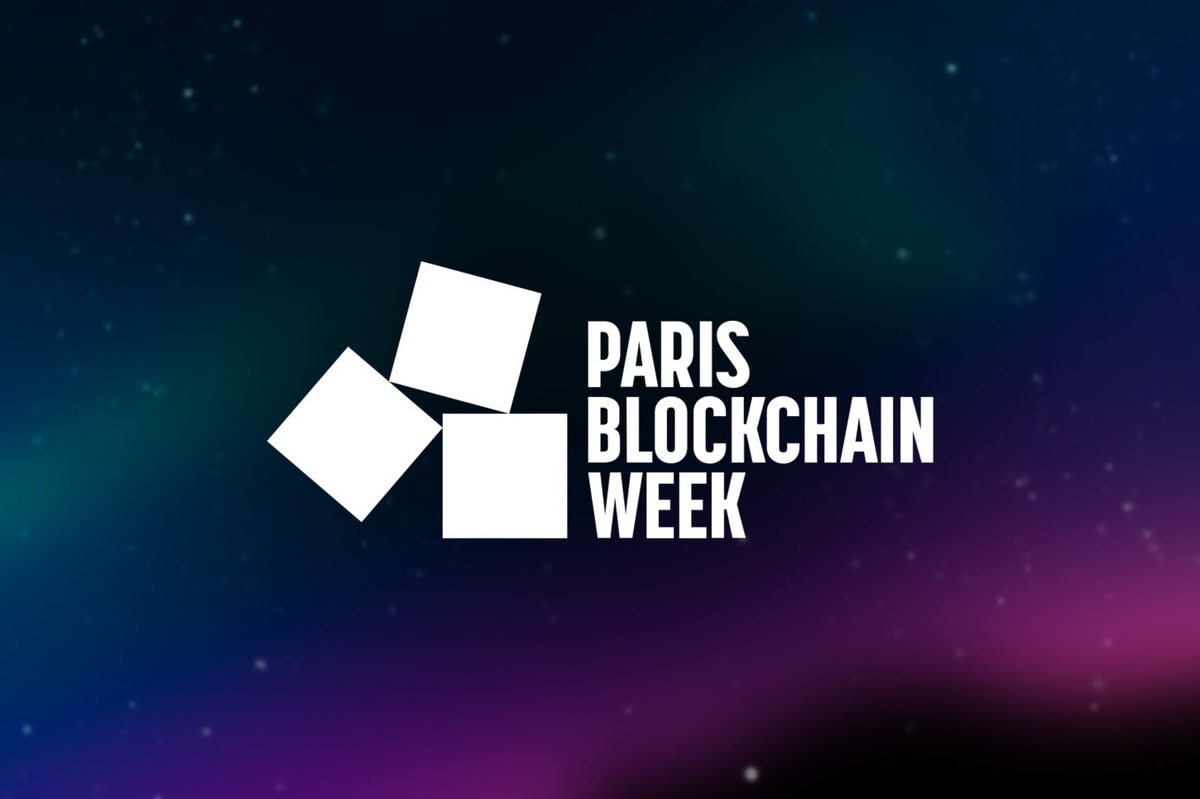During ETHDenver, industry leaders in Ethereum (ETH) are congregating at Blockswap’s Multichain ERC20 event on March 3 from 9:00 am to 5:00 pm at The Source Hotel in Denver, Colorado to discuss the most pressing topics of the network. Introduced at the event will be new protocols that further decentralize Ethereum by empowering the user. The overarching theme for the event is decentralizing Ethereum by increasing staking optionality and security across the network. This includes methods to reduce censorship, encourage decentralization through liquid staking, and using Ethereum as the base chain security for token issuance. Constructed of three tracks, outlined below, Multichain ERC20 is about bringing together the greatest and most inspired minds to discuss the future of Web3. The event is free and open for all to attend, but requires a ticket, as seating is limited.
Speakers at Multichain ERC20 include Blockswap Labs, bloXroute Labs, Certora, ChainSecurity, Dappnode, EthStaker, Rook, SSV Network, Runtime Verification and Voltz.
Liquid staking derivatives networks
The emergence of liquid staking has spiked in demand as many forgo the opportunity cost of true blockspace ownership in exchange for DeFi yield. This track will explore methods to merge the two, so that ETH stakers have increased optionality and a path to decentralization can be paved through liquid staking.
Blockswap has a new protocol allowing anybody to create or join a liquid staking network in 60 seconds permissionlessly and trustlessly. Accountability and tracking of staked ETH in validators is crucial for the ownership economy. Therefore, it is imperative to hold conversations with ecosystem leaders about the broad impact of liquid staking.
Topics include:
- Current issues in liquid staking, including centralization and co-mingling of assets.
- Efficient validator staking using only 4 ETH and dedicated MEV staking for ETH cashflow.
- Increasing the number of home stakers in the Ethereum ecosystem by breaking down the barriers to entry.
- The broad market impact of creating 1,000s of LSD networks.
- Automated delegation and accounting for Ethereum validators, liquidity providers and node operators to start their own staking business in 60 seconds.
- Understanding where a user’s ETH goes after it has been deposited into a liquid staking network without using an oracle.
Multichain ERC20
Exploring a new secure primitive for cross-chain messaging and asset movements, State Replication Gateway (SRG). Gateways are a smart contract suite that allows users to access their tokens on other L2s, rollups or blockchains without giving up custody to a third party.
This allows any protocol to upgrade ERC20 tokens to become Multichain-ERC20-compliant to be used on rollups and other EVM chains without any intermediaries. It includes recovery in case the destination chain is compromised. This is a heavily anticipated upgrade to the ERC20, which holds 80% of digital asset value. Users can now keep custody of their assets on the Ethereum network while using their tokens on other blockchains.
Topics include:
- Current security issues with cross-chain communication.
- Having ERC20s split balances on multiple rollups and EVM chains without any intermediary or bridge.
- Cross-chain shared asset issuance and management among EVM chains.
- Protecting assets from counterparty risks with native blockchain recovery.
Proof of Neutrality in MEV with PBS
The Ethereum community has initiated Proposer Builder Separation as a way forward to have a more modular block-building market for Ethereum. This event track discusses the current design landscape and progress of solutions for PBS and their impact in the short and long term for the MEV market’s supply chain. It is imperative to maintain the credible neutrality of Ethereum.
Topics include:
- The latest updates on the Proposer Block Separation effort for Ethereum.
- Upholding decentralization and Ethereum credible neutrality on block building.
- Creating a fair and open blockspace marketplace available to everyone.
- MEV-smoothening pools and the role of LSD networks.
- The role of MEV in the Ethereum blockspace marketplace.
- The Proof of Neutrality Relay and how it can be used to decrease censorship.
About Blockswap
Blockswap network is a DAO-managed public benefit infrastructure provider for Ethereum and EVM blockchains. The protocols created by Blockswap align with Ethereum’s rollup-centric mission and roadmap by enabling optionality and simplifying processes around Ethereum staking, MEV markets and multichain asset interoperability.











